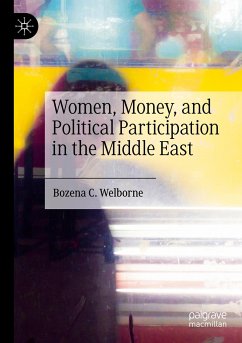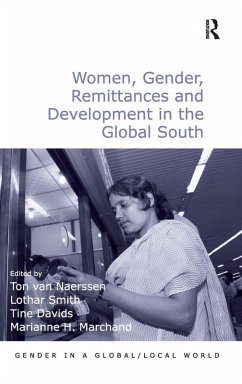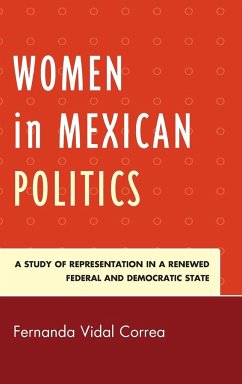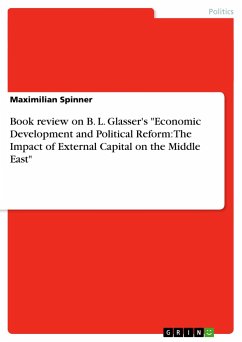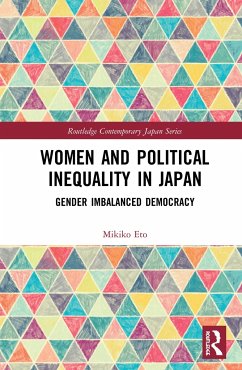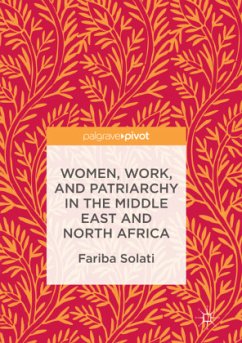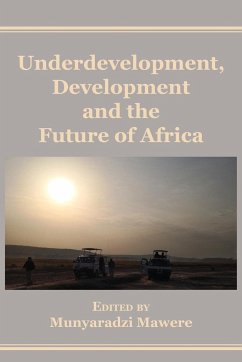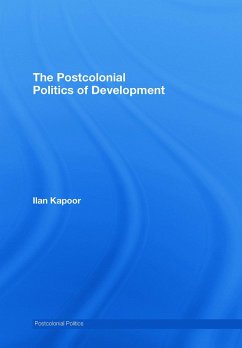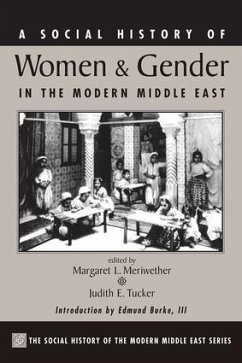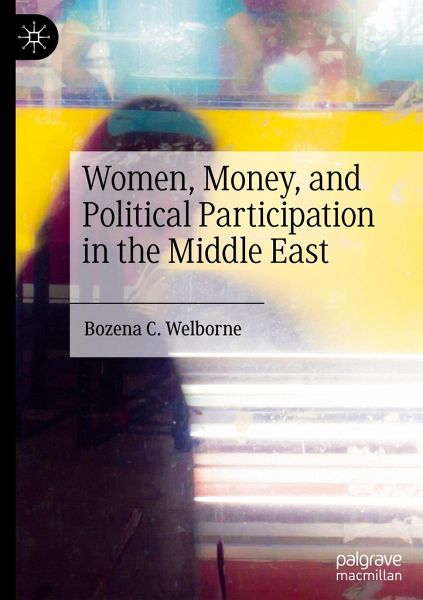
Women, Money, and Political Participation in the Middle East
Versandkostenfrei!
Versandfertig in 6-10 Tagen
91,99 €
inkl. MwSt.
Weitere Ausgaben:

PAYBACK Punkte
46 °P sammeln!
This book examines women, money, and political participation in the Middle East and North Africa focusing on women's capacity to engage local political systems. In particular, it considers whether and how this engagement is facilitated through specific types of financial flows from abroad. Arab countries are well-known rentier states, and so a prime destination for foreign aid, worker remittances, and oil-related investment. Alongside other factors these external monies have elicited dramatic shifts in gender-related social norms and expectations both from the state and the domestic population...
This book examines women, money, and political participation in the Middle East and North Africa focusing on women's capacity to engage local political systems. In particular, it considers whether and how this engagement is facilitated through specific types of financial flows from abroad. Arab countries are well-known rentier states, and so a prime destination for foreign aid, worker remittances, and oil-related investment. Alongside other factors these external monies have elicited dramatic shifts in gender-related social norms and expectations both from the state and the domestic population, affording certain women the opportunity to enter the political arena, while leaving others behind. The research presented here expands the discussion of women in rentier political economy and highlights their roles as participants and agents within regional templates for economic development.



